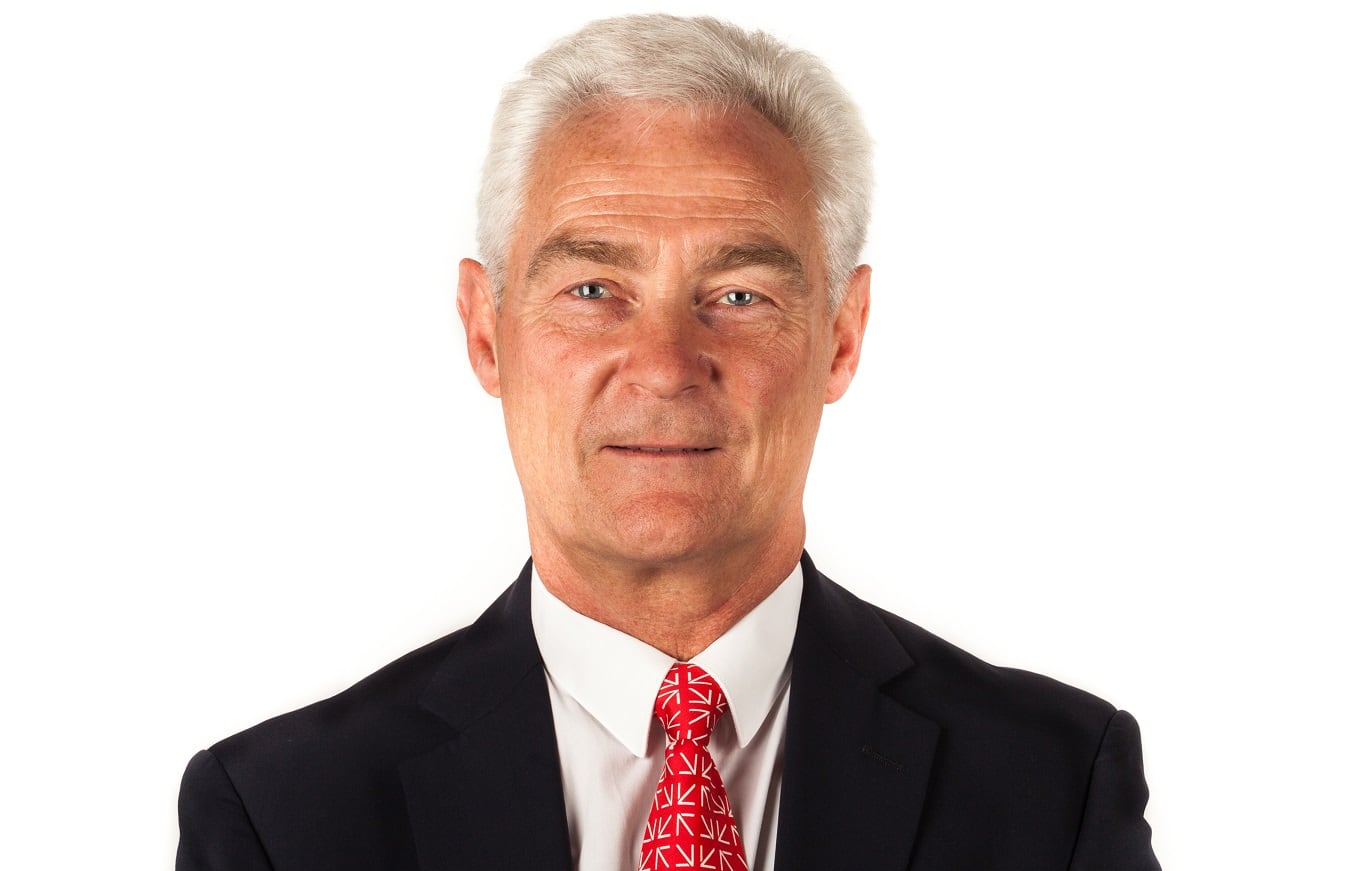Nestlé's KitKat brand has pledged to become carbon neutral by 2025. The company aims to more than halve the emissions generated through the sourcing of its ingredients, the manufacturing of the product and its distribution.
Most emissions occurred in producing KitKat's ingredients such as cocoa and milk, said Nestlé, so it would expand its work with cocoa, palm oil, cereals, sugar and dairy farmers to implement regenerative practices. To support this, KitKat would help farmers plant five million shade trees where it sourced its cocoa by 2025.
Work is already underway to improve the environmental footprint of KitKat factories, reducing the energy required for production by more than 40% per ton of product since 2000.
Renewable electricity at KitKat factories
Nestlé said it was already using some renewable electricity at KitKat manufacturing sites, such as power drawn from solar plants in the Middle East and Brazil. The company pledged to continue to find new ways to end dependency on fossil fuels and use 100% renewable electricity for all KitKat factories before the end of 2025.
The company is working with The Carbon Trust, a global climate change and sustainability consultancy, to measure KitKat's current carbon footprint and hopes to complete this process later this year.
Nestlé's statement followed PepsiCo's announcement of ambitious 2030 sustainability farming and climate targets, which include sourcing all its key ingredients sustainably.
Tate & Lyle exceeds environmental targets
Meanwhile, global food and beverage ingredient supplier Tate & Lyle announced that it had exceeded its 2020 environmental targets, set using a 2008 baseline.
Scope 1 and 2 greenhouse gas (GHG) emissions, generated by on-site energy use, had been cut by 25% against a target of 19% and waste to landfill had been reduced by 37%, against a target of 30%.
The environmental benefits were equivalent to the carbon captured by nearly 1 million acres of US forestry and 1,700 fewer garbage trucks taken to landfill, the company said.
“In setting our 2030 environmental commitments, we broadened our scope to include water reduction, the beneficial use of all our waste, emissions resulting from our value chain (Scope 3), and support for sustainable agriculture," said Sara Leeman, global environmental leader at Tate & Lyle.
Five big food industry names join The Climate Pledge
From the food industry, Quorn Foods, Greencore, Heineken, PepsiCo and Sainsbury's joined 47 other new companies signing up to The Climate Pledge on 21 April 2021, committing to achieving net-zero carbon by 2040 or sooner.
The 105 pledge signatories together generate over $1.4 trillion in global annual revenues and have more than five million employees across 25 industries in 16 countries.
The Climate Pledge is a commitment co-founded by Amazon and Global Optimism to meet the goals of the Paris Agreement 10 years early and achieve net-zero carbon by 2040.

Quorn
Quorn claimed to be the first meat alternative brand to sign up.
Marco Bertacca, Quorn Foods chief executive officer said: “We’re focusing on making positive contributions to both our environmental challenges as well as our public health challenges by meeting consumer demand for delicious meat alternatives, and prioritising sustainable development of these products."
Since 2012, Quorn Foods has reduced the carbon footprint of its factories per tonne by 33%, and reduced its water usage per tonne by 16%. Additionally, 80% of the company’s packaging is fully recyclable. The company is committed to an interim target of net-zero carbon across its own operations by 2030.
Signatories to The Climate Pledge, which also include Unilever and Cranswick agree to:
- measure and report greenhouse gas emissions on a regular basis;
- implement decarbonization strategies in line with the Paris Agreement through business changes and innovations, including efficiency improvements, renewable energy and materials reductions;
- neutralize any remaining emissions with additional, quantifiable, real, permanent, and socially beneficial offsets to achieve net-zero annual carbon emissions by 2040.
Greencore's sustainability pledges
In November 2020, Greencore published its new sustainability strategy as part of its inaugural Sustainability Report, which contains a range of pledges across the areas of sourcing, manufacturing, and community engagement. Its commitments include:
- developing and bringing to market this year a fully recyclable sandwich skillet;
- achieving a deforestation-free supply chain by 2025;
- sustainably sourcing all raw materials by 2030;
- donating all surplus product to local communities by 2022;
- splitting product development equally between animal protein and plant-rich alternatives by 2030.
In addition to committing to net zero for its own operations, Greencore is also in the process of setting Science Based Targets (‘SBTs’) for its supply chains, where the majority of its carbon footprint lies.
Having SBTs based on the latest independent climate science data would enable the group to assess and report on how it was performing against them, the business said.
Lower carbon products
In future, it plans to use SBTs more widely within the group to inspire colleagues and drive green innovation as it looks to deliver lower-carbon products.
Greencore chief executive officer Patrick Coveney said: "Through our group-wide sustainability strategy we have made significant reductions in direct greenhouse gas emissions, energy consumption, and total waste generated, including food waste."
"We promote water stewardship across all of our manufacturing sites and greater uptake of sustainable packaging materials for our products. We have also strengthened our sustainability procurement requirements – but we know we can go much further. We’re delighted to continue with this work as a part of The Climate Pledge.”
Scottish Bakers
Elsewhere, Scottish Bakers has laid out plans in its 2021 Manifesto to invest in low carbon energy to help its members reduce their environmental impacts without affecting operations. The objective is one of four pillars in the manifesto. The others are: support the sector's growth, promote and fund apprenticeships and promote health and wellbeing.
The organisation also aims to work hard to reduce food waste, embrace renewable energy and labour on innovation for product packaging.




